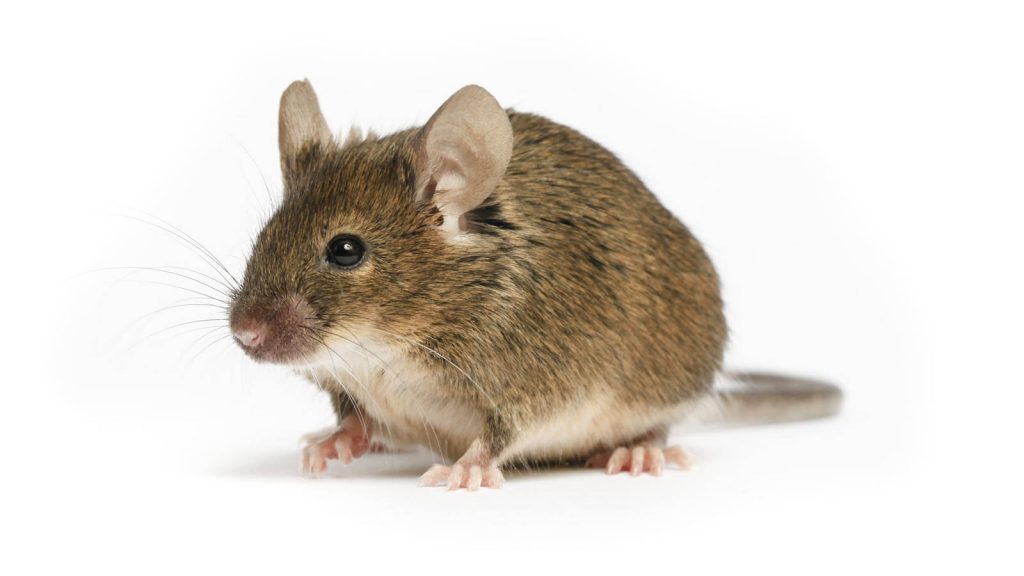How Do Pest Control Companies Treat Apartments and Condos?
The mere mention of a pest infestation can make any property manager or superintendent shudder. Why? In short, pest control is a task that’s complex, time-consuming, and costly. As an apartment manager with a packed schedule, you won’t want to address your tenants’ incessant complaints about bedbugs, mice, ants, roaches, and other household pests while coordinating schedules with a team of exterminators.
If you’re the owner or manager of an apartment complex or condo, you may be wondering what to do when faced with pest infestation. Recruiting a pest control company would be the most prudent option. That said, not just any pest control provider will do. It’s best to partner with a pro like Joshua’s Pest Control, a San Diego pest control provider, that knows how to tailor treatment plans to apartments and condos.
How do pest control services treat premises?
At some point, you might have seen pest control companies roaming around your apartment complex, but have ever wondered how these pest control experts treat apartments infested with roaches or rats? For more insights on the eradication process, review the information below.
Inspection
Conducting an inspection is the first step a pest control company will complete. Why is it important? Through inspection, the company can identify the type of apartment and the type of pests wreaking havoc. This step also reveals the extent of damage or rot in the building’s structure caused by insects, such as ants and termites.
Can anyone inspect an apartment for pests? The short answer is yes. However, to generate an insightful report, hiring a professionally-trained pest inspector will serve you in the long-run. An untrained eye may not spot the subtle signs that indicate a possible pest infestation. For instance, an experienced pest inspector can tell the difference between dirt generated by earthworms and wood chips left behind by termites.
Inspectors also examine the exterior of the building, foundations, and areas around rafters to locate possible nests. Using a probing device, inspectors can determine if structures made of wood are at risk of pest infestation.
Exclusion
Apartments and condos offer a favorable hiding environment for pests. You’ll usually find these household pests cocooning underneath floors or inside holes. Depending on the pest type, a rodent or insect may burrow in cracks, lodge themselves between adjoining walls, and or set up camp in shared facilities. Eliminating pests from these locations is an arduous task. So how do pest control companies do it?
They seal the entry points of these hiding places to restrict pests from entering. Pest control companies use different techniques, depending on the type of opening. Let’s look at some examples of common sealing strategies.
- Door sweeps: This process involves filling the gap underneath your door, therefore, blocking pests from entering your premises undetected.
- Air curtains: When installed, air curtains improve air circulation in the house and ward-off flying insects from your property.
- Sealants: Weather-resistant sealants are used to seal off cracks and crevices that act as potential hiding places for pests.
Exclusion is the first line of defense against pest infestation. By definition, it’s an integrated pest management system that’s eco-friendly and simple to use.
Fumigation
Fumigation is one of the most common methods of pest control management. This step in the eradication process relies heavily on chemicals, referred to as fumigants. Fumigation is commonly used to eliminate pests such as roaches, bedbugs, fleas, and other stubborn insects.
For fumigation to be effective, the pest control personnel will assist you in preparing the premises for application. This step involves rearranging your household furniture to prevent damage and potential contaminations.
The cost of fumigation services varies based on the apartment or condo’s size, the severity of the infestation, and pest type. The chemicals employed are dangerous iand potentially life-threatening if ingested or inhaled. Therefore, stay away from the fumigated areas until they’re safe for occupation. Usually, proper ventilation and cleaning restore the premises to a habitable state.
Odor control
Odors emitted by rotting food and other trash is known to attract some insects, such as flies. Pest control companies use odor control techniques that eliminate fly-attracting scents. Whether it’s an installed gadget or a neutralizer, they remove/dispose of the odor’s source, unlike fresheners that mask odor temporarily.
Some odors are so mild that you can’t detect them with your human nose, but pests can. Schedule regular odor management services to prevent future infestations and odor-causing bacteria.
Apartment dumpster management
If not well-maintained, dumpsters can be extremely unsightly havens for household pests. They become smelly and a natural habitat for rodents who feast on the dumpster’s contents. Pest control companies recommend the routine maintenance of dumpsters. They also use products that act as deodorizers to repel insects and rodents.
Sigh of relief
As a property owner or manager, you’re familiar with the damage pests and rodents can cause in your apartment complex. These pesky rodents and insects may even cost you tenants if they catch wind of the infestation. However, you don’t need to stress out when you can recruit experienced pest control experts. Contacting a reputable pest control provider before the pest infestation spirals out of control will save you precious hours and thousands of dollars in repairs.




